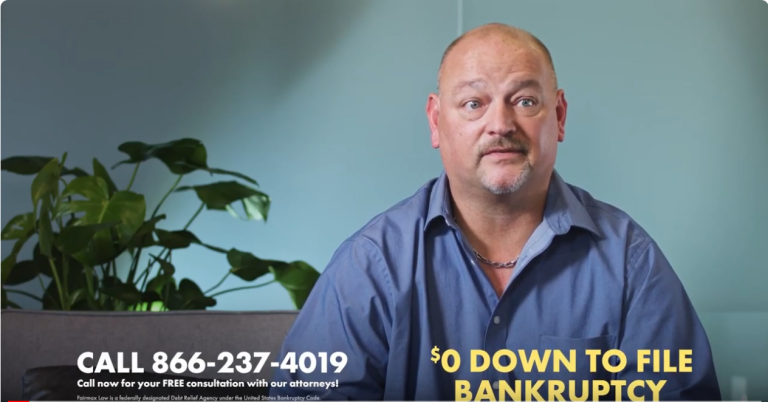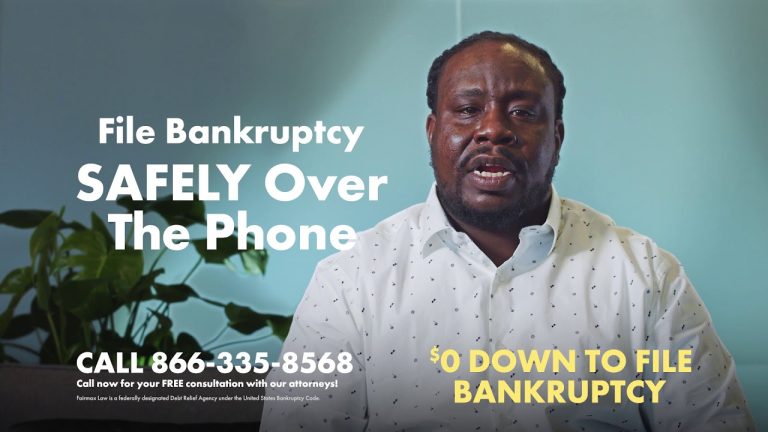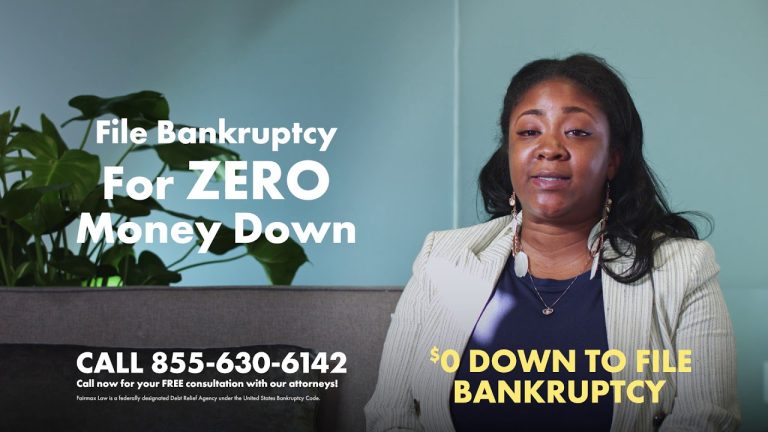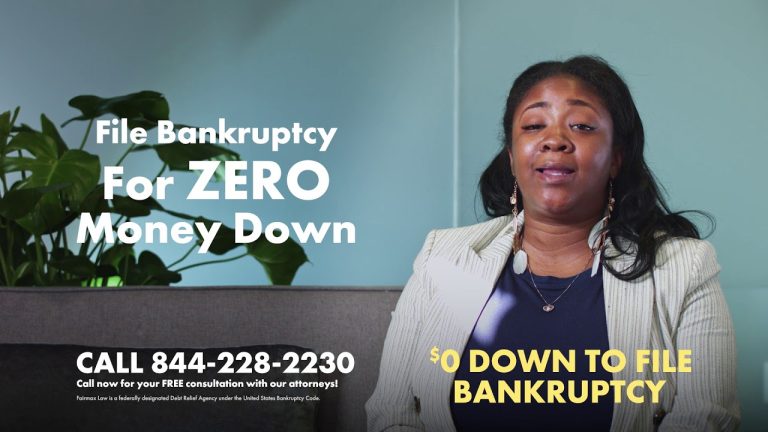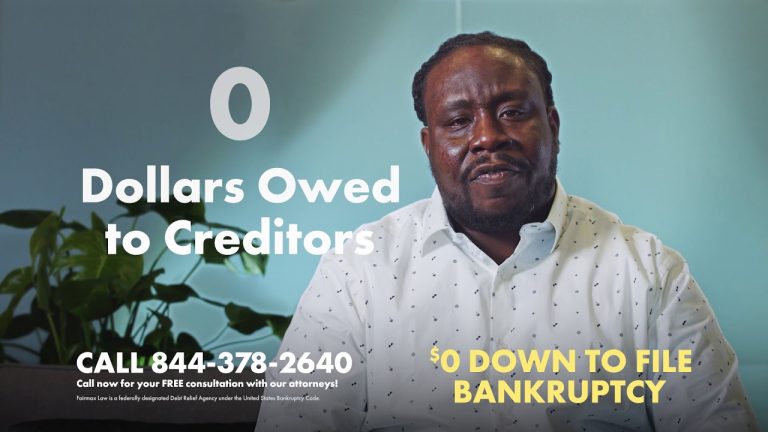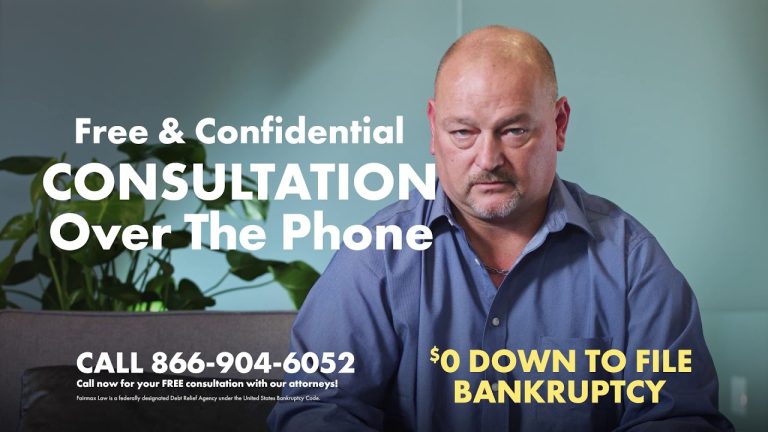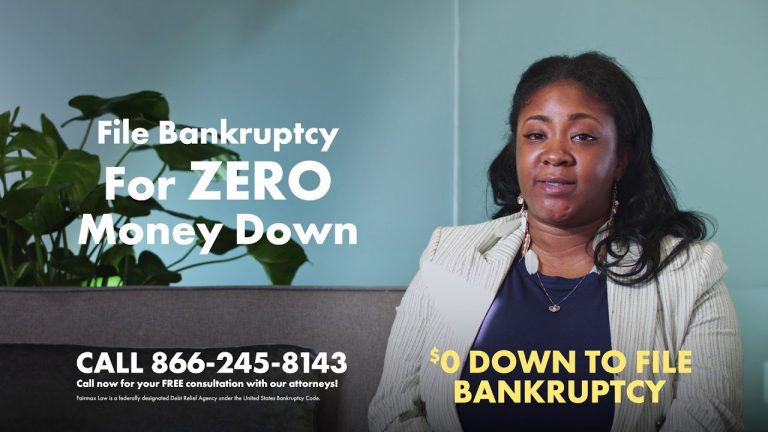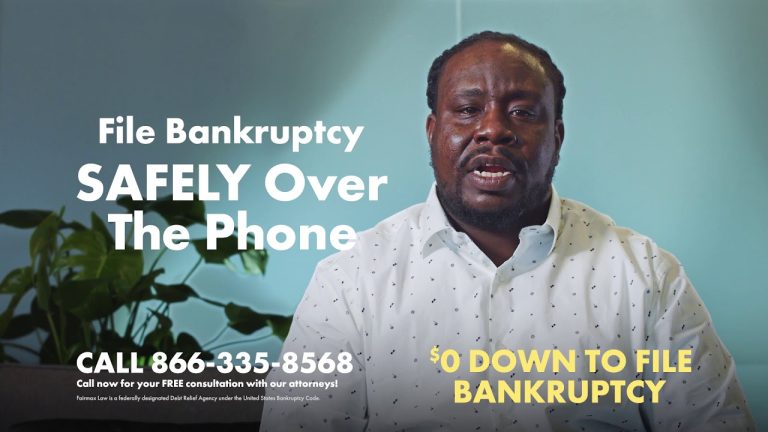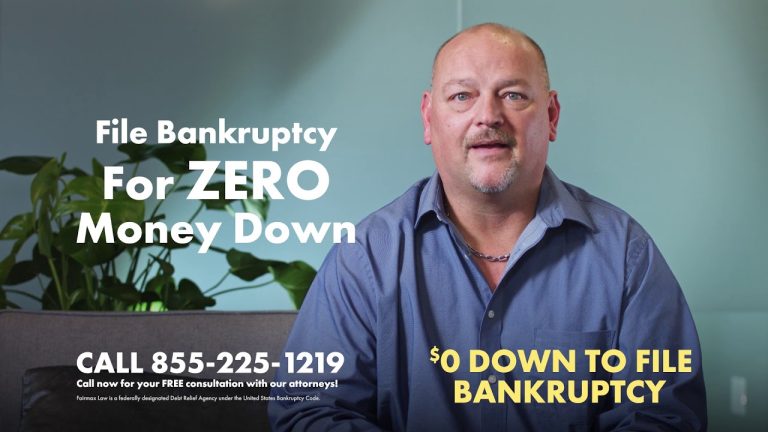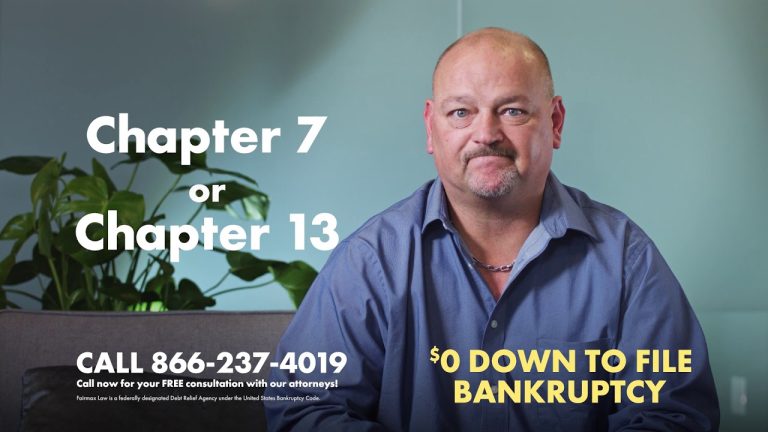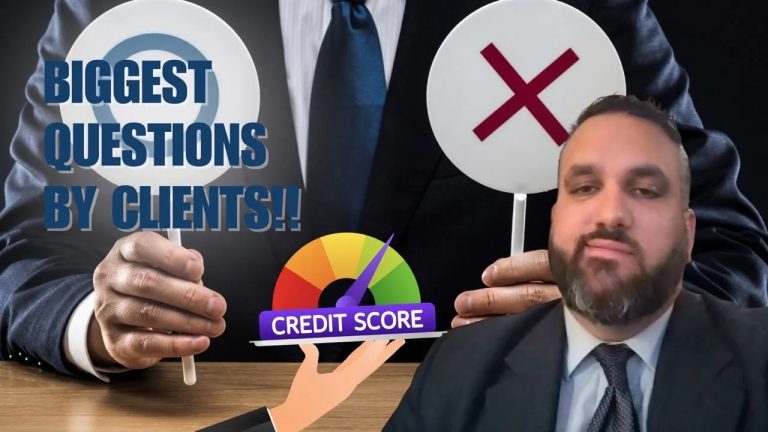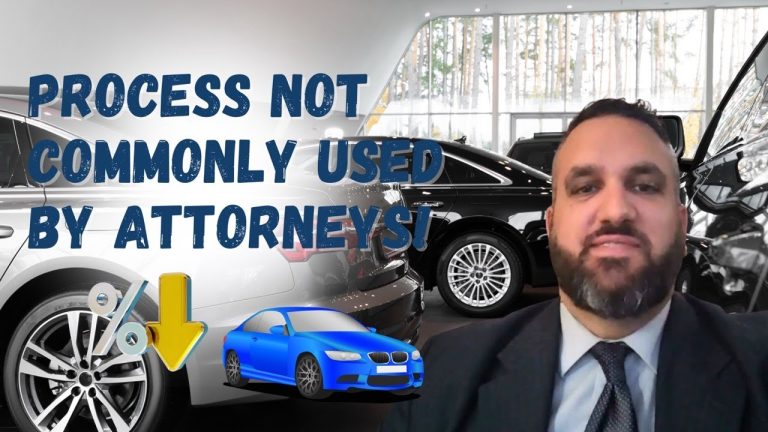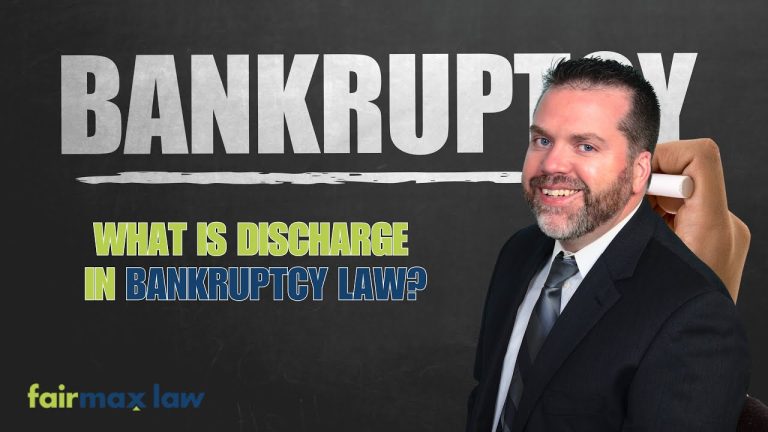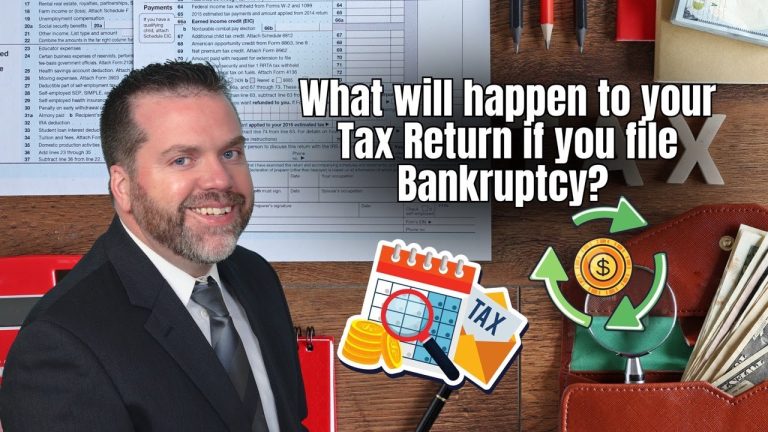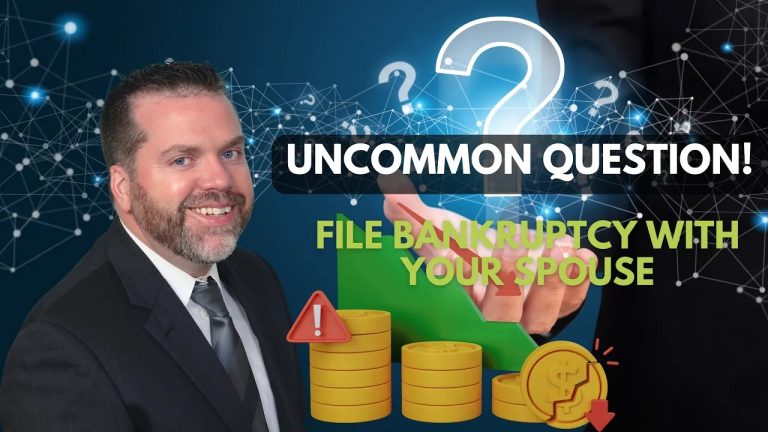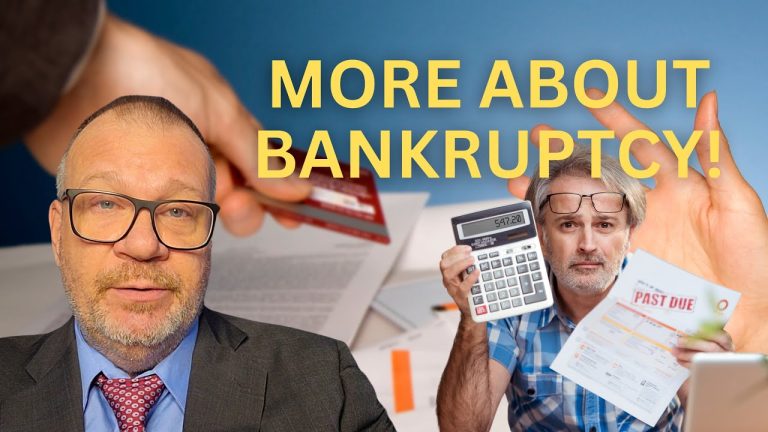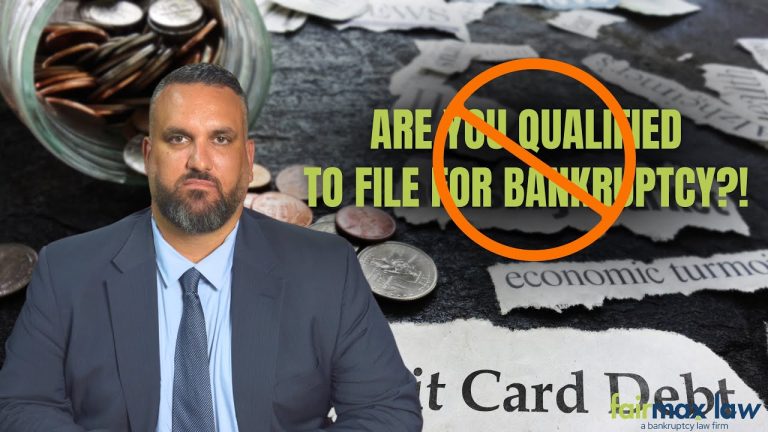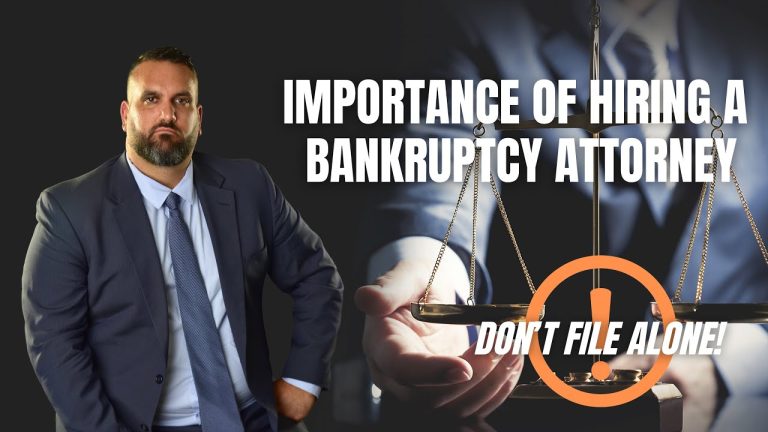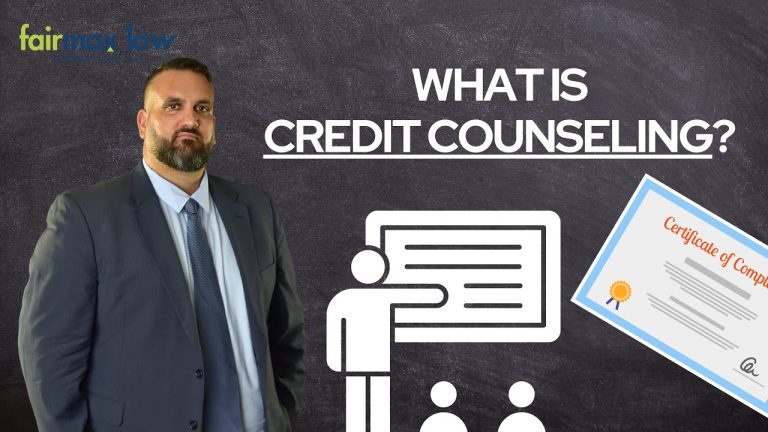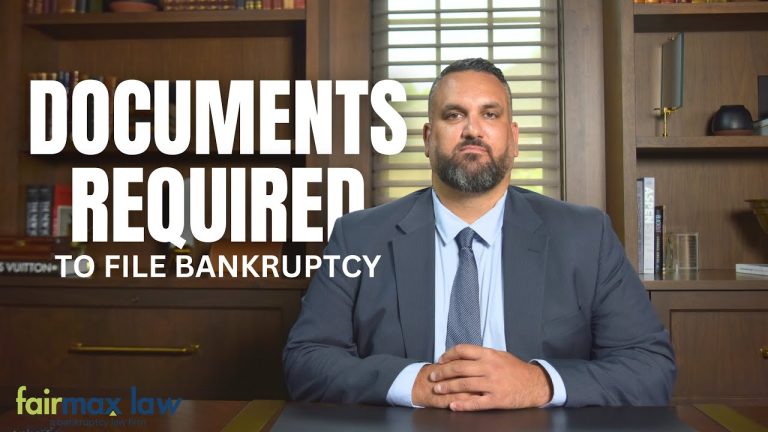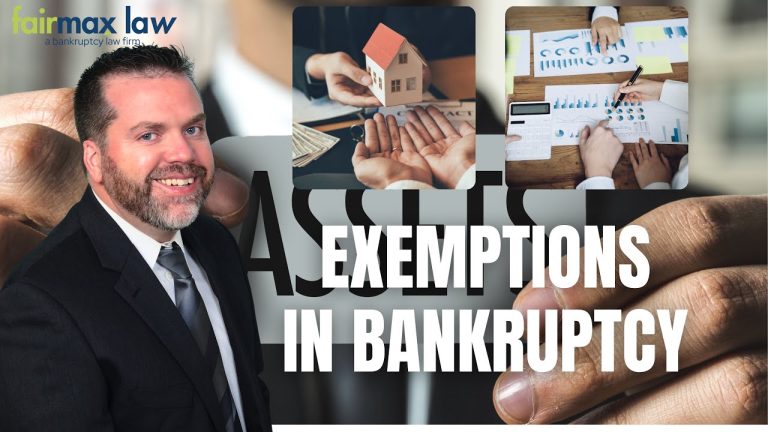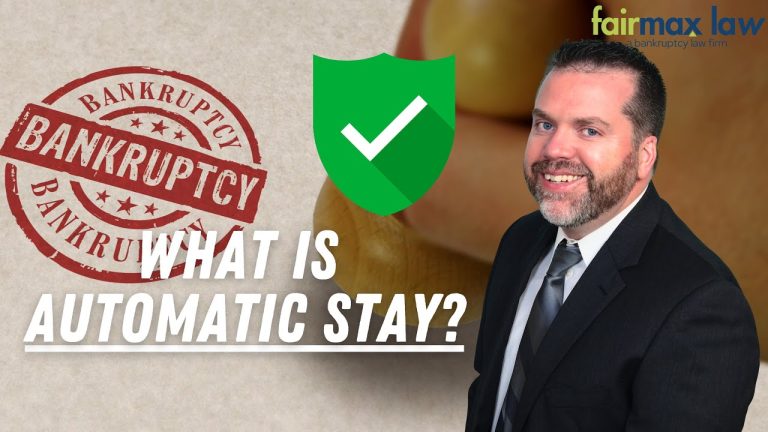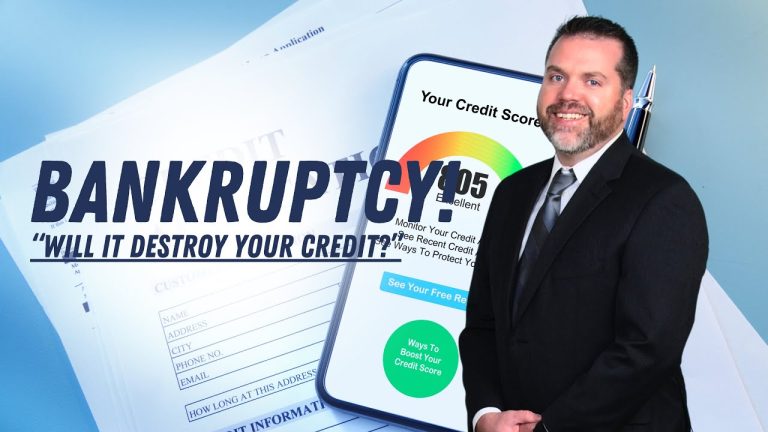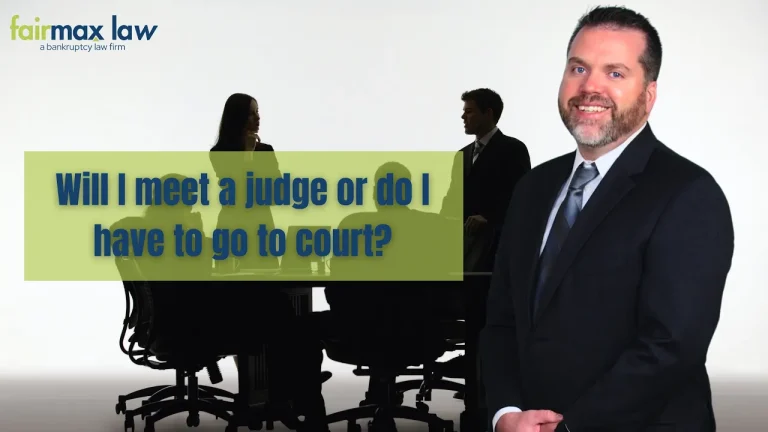Notice to Individual Consumer Debtor Under §342(b) of the Bankruptcy Code
In accordance with §342(b) of the Bankruptcy Code, this notice: (1) Describes briefly the services available from credit counseling services; (2) Describes briefly the purposes, benefits and costs of the four types of bankruptcy proceedings you may commence; and (3) Informs you about bankruptcy crimes and notifies you that the Attorney General may examine all information you supply in connection with a bankruptcy case. You are cautioned that bankruptcy law is complicated and not easily described. Thus, you may wish to seek the advice of an attorney to learn of your rights and responsibilities should you decide to file a petition. Court employees cannot give you legal advice.
1. Services Available from Credit Counseling Agencies
With limited exceptions, §109(h) of the Bankruptcy Code requires that all individual debtors who file for bankruptcy relief on or after October 17, 2005, receive a briefing that outlines the available opportunities for credit counseling and provides assistance in performing a budget analysis. The briefing must be given within 180 days before the bankruptcy filing. The briefing may be provided individually or in a group (including briefings conducted by telephone or on the Internet) and must be provided by a nonprofit budget and credit counseling agency approved by the United States trustee or bankruptcy administrator. The clerk of the bankruptcy court has a list that you may consult of the approved budget and credit counseling agencies.
In addition, after filing a bankruptcy case, an individual debtor generally must complete a financial management instructional course before he or she can receive a discharge. The clerk also has a list of approved financial management instructional courses.
2. The Four Chapters of the Bankruptcy Code Available to Individual Consumer Debtors
Chapter 7: Liquidation ($245 filing fee, $46 administrative fee, $15 trustee surcharge: Total fee $306)
1. Chapter 7 is designed for debtors in financial difficulty who do not have the ability to pay their existing debts. Debtors whose debts are primarily consumer debts are subject to a “means test” designed to determine whether the case should be permitted to proceed under chapter 7. If your income is greater than the median income for your state of residence and family size, in some cases, creditors have the right to file a motion requesting that the court dismiss your case under §707(b) of the Code. It is up to the court to decide whether the case should be dismissed.
2. Under chapter 7, you may claim certain of your property as exempt under governing law. A trustee may have the right to take possession of and sell the remaining property that is not exempt and use the sale proceeds to pay your creditors.
3. The purpose of filing a chapter 7 case is to obtain a discharge of your existing debts. If, however, you are found to have committed certain kinds of improper conduct described in the Bankruptcy Code, the court may deny your discharge and, if it does, the purpose for which you filed the bankruptcy petition will be defeated.
4. Even if you receive a general discharge, some particular debts are not discharged under the law. Therefore, you may still be responsible for most taxes and student loans; debts incurred to pay nondischargeable taxes; domestic support and property settlement obligations; most fines, penalties, forfeitures, and criminal restitution obligations; certain debts which are not properly listed in your bankruptcy papers; and debts for death or personal injury caused by operating a motor vehicle, vessel, or aircraft while intoxicated from alcohol or drugs. Also, if a creditor can prove that a debt arose from fraud, breach of fiduciary duty, or theft, or from a willful and malicious injury, the bankruptcy court may determine that the debt is not discharged.
Chapter 13: Repayment of All or Part of the Debts of an Individual with Regular Income ($235 filing fee, $46 administrative fee: Total fee $281)
1. Chapter 13 is designed for individuals with regular income who would like to pay all or part of their debts in instalments over a period of time. You are only eligible for chapter 13 if your debts do not exceed certain dollar amounts set forth in the Bankruptcy Code.
2. Under chapter 13, you must file with the court a plan to repay your creditors all or part of the money that you owe them, using your future earnings. The period allowed by the court to repay your debts may be three years or five years, depending upon your income and other factors. The court must approve your plan before it can take effect.
3. After completing the payments under your plan, your debts are generally discharged except for domestic support obligations; most student loans; certain taxes; most criminal fines and restitution obligations; certain debts which are not properly listed in your bankruptcy papers; certain debts for acts that caused death or personal injury; and certain long term secured obligations.
Chapter 11: Reorganization ($1000 filing fee, $46 administrative fee: Total fee $1046)
Chapter 11 is designed for the reorganization of a business but is also available to consumer debtors. Its provisions are quite complicated, and any decision by an individual to file a chapter 11 petition should be reviewed with an attorney.
Chapter 12: Family Farmer or Fisherman ($200 filing fee, $46 administrative fee: Total fee $246)
Chapter 12 is designed to permit family farmers and fishermen to repay their debts over a period of time from future earnings and is similar to chapter 13. The eligibility requirements are restrictive, limiting its use to those whose income arises primarily from a family-owned farm or commercial fishing operation.
3. Bankruptcy Crimes and Availability of Bankruptcy Papers to Law Enforcement Officials
A person who knowingly and fraudulently conceals assets or makes a false oath or statement under penalty of perjury, either orally or in writing, in connection with a bankruptcy case is subject to a fine, imprisonment, or both. All information supplied by a debtor in connection with a bankruptcy case is subject to examination by the Attorney General acting through the Office of the United States Trustee, the Office of the United States Attorney, and other components and employees of the Department of Justice.
WARNING: Section 521(a)(1) of the Bankruptcy Code requires that you promptly file detailed information regarding your creditors, assets, liabilities, income, expenses and general financial condition. Your bankruptcy case may be dismissed if this information is not filed with the court within the time deadlines set by the Bankruptcy Code, the Bankruptcy Rules, and the local rules of the court.
Disclosure Pursuant to 11 U.S.C. §527(a)(2)
You are notified:
1. All information that you are required to provide with a petition and thereafter during a case under the Bankruptcy Code is required to be complete, accurate, and truthful.
2. All assets and all liabilities are required to be completely and accurately disclosed in the documents filed to commence the case. Some places in the Bankruptcy Code require that you list the replacement value of each asset. This must be the replacement value of the property at the date of filing the petition, without deducting for costs of sale or marketing, established after a reasonable inquiry. For property acquired for personal, family, or household use, replacement value means the price a retail merchant would charge for property of that kind, considering the age and condition of the property.
3. The following information, which appears on Official Form 22, Statement of Current Monthly Income, is required to be stated after reasonable inquiry: current monthly income, the amounts specified in section 707(b)(2), and, in a case under chapter 13 of the Bankruptcy Code, disposable income (determined in accordance with section 707(b)(2)).
4. Information that you provide during your case may be audited pursuant to provisions of the Bankruptcy Code. Failure to provide such information may result in dismissal of the case under this title or other sanction, including criminal sanctions.
Disclosure Pursuant to 11 U.S.C. §527(b)
IMPORTANT INFORMATION ABOUT BANKRUPTCY ASSISTANCE SERVICES FROM AN ATTORNEY OR BANKRUPTCY PETITION PREPARER
If you decide to seek bankruptcy relief, you can represent yourself, you can hire an Attorney to represent you, or you can get help in some localities from a bankruptcy petition preparer who is not an Attorney. The law requires an Attorney or bankruptcy petition preparer to give you a written contract specifying what the Attorney or bankruptcy petition preparer will do for you and how much it will cost. Ask to see the contract before you hire anyone.
The following information explains what must be done in a routine bankruptcy case to help you evaluate how much service you need. Before filing a bankruptcy case, either you or your Attorney should analyze your eligibility for different forms of debt relief available under the Bankruptcy Code and decide which form of relief is most likely to be beneficial for you. Be sure you understand the relief you can obtain and its limitations. To file a bankruptcy case, documents (Petition, Schedules, Statement of Financial Affairs, and in some cases a Statement of Intention) must be prepared correctly and filed with the bankruptcy court. You will have to pay a filing fee to the bankruptcy court. Once your case starts, you must attend the required first meeting of creditors, where you may be questioned by a court official called a “trustee” and by creditors.
If you choose to file a Chapter 7 case, you may be asked by a creditor to reaffirm a debt. You may want help deciding whether to do so. A creditor is not permitted to coerce you into reaffirming your debts.
If you choose to file a Chapter 13 case, in which you repay your creditors what you can afford over 3 to 5 years, you may also want help preparing your Chapter 13 plan and with the confirmation hearing on your plan, which will be before a bankruptcy judge.
If you select another type of relief under the Bankruptcy Code other than Chapter 7 or Chapter 13, you should consult someone familiar with that type of relief.
Your bankruptcy case may also involve litigation. You are generally permitted to represent yourself in litigation in bankruptcy court, but only lawyers, not bankruptcy petition preparers, can give you legal advice.
STATE SPECIFIC DISCLOSURES
Alabama
Fairmax Law makes no representation that the quality of the legal services to be performed by it is greater than the quality of the legal services by other lawyers.
Alaska
The Alaska Bar Association does not endorse or accredit certifying organizations.
Arizona
Fairmax Law does not specifically advertise or do business under a trade name in the state, but instead operates as Fairmax Law
California
Please note that Fairmax Law is a private law firm and is not affiliated with any government agency. Fairmax Law does not receive any funding from any government or not-for-profit foundation.
Colorado
Fairmax Law does not specifically advertise or do business under a trade name in the state, but instead operates as Fairmax Law
Florida
The hiring of an attorney is an important decision and that decision should not be based solely on advertising material. Before you decide to hire counsel to represent you, make sure you ask us or any attorney to send you free written information about the attorney’s qualifications and experience.
Georgia
Fairmax Law does not specifically advertise or do business under a trade name in the state, but instead operates as Fairmax Law
Hawaii
The Supreme Court of Hawaii only grants certification to lawyers in good standing who have successfully completed a specialty program accredited by the American Bar Association.
Illinois
The Illinois Supreme Court does not recognize certifications of specialties in the practice of law. A certificate, award or recognition is not required to practice law in Illinois.
Indiana
Fairmax Law does not specifically advertise or do business under a trade name in the state, but instead operates as Fairmax Law
Iowa
Fairmax Law does not specifically advertise or do business under a trade name in the state, but instead operates as Fairmax Law The Supreme Court of Iowa requires the following disclosure: The choice of a lawyer and the determination of the need for legal assistance are extremely important decisions and should not be based on advertisements or self-proclaimed expertise. Memberships and offices in legal fraternities and legal societies, technical and professional licenses, and memberships in scientific, technical and professional associations and societies of law or field of practice do not mean that a lawyer is a “specialist” or “expert” in a particular field of law. Such memberships, licenses or offices also do not necessarily mean that a lawyer is any more expert or competent than any other lawyer. A description of limitation of practice does not mean that any agency or board has certified the lawyer as a specialist or expert in any indicated field of law, nor does it mean that such lawyer is necessarily any more expert or competent than any other lawyer. The Supreme Court of Iowa requires the following disclosure: All potential clients should make their own independent evaluation and investigation of any lawyer being considered for particular legal representation.
Kentucky
Fairmax Law does not specifically advertise or do business under a trade name in the state, but instead operates as Fairmax Law
Maine
Fairmax Law does not specifically advertise or do business under a trade name in the state, but instead operates as Fairmax Law
Massachusets
The Commonwealth of Massachusetts does not certify lawyers in any particular field of law. If an attorney in Massachusetts indicates he/she is “certified” in a particular area of law, service, or field by a non-governmental body, the certifying organization is a private organization whose standards for certification are not regulated by the Commonwealth.
Mississippi
Fairmax Law does not specifically advertise or do business under a trade name in the state, but instead operates as Fairmax Law Background information on any Mississippi attorney is available free upon request to that attorney. Mississippi has no procedure for approving, certifying, or designating organizations and authorities.
Missouri
ADVERTISING MATERIAL: COMMERCIAL SOLICITATIONS ARE PERMITTED BY THE STATE OF MISSOURI BUT ARE NEITHER SUBMITTED NOR APPROVED BY THE MISSOURI BAR OR THE SUPREME COURT OF MISSOURI. Likewise, neither the Supreme Court nor the Missouri Bar reviews or approves certifying organizations or specialist designations in the field of law.
Nevada
Fairmax Law does not specifically advertise or do business under a trade name in the state, but instead operates as Fairmax Law Neither the State Bar of Nevada, nor any agency of the State Bar has certified any lawyer identified in this advertisement as a specialist or expert, except as indicated. Anyone considering hiring an attorney should independently investigate the lawyer’s qualifications, credentials, and ability.
New Jersey
Fairmax Law does not specifically advertise or do business under a trade name in the state, but instead operates as Fairmax Law The Supreme Court of New Jersey recognizes certifications in some areas of legal practice. If a lawyer claims certification as a specialist or expert in a field of law or practice and does not specifically indicate that such certification has been granted by the Supreme Court of New Jersey or by an organization approved by the American Bar Association, then the user should understand that the claimed certification body has either not been approved or been denied certification by the Supreme Court of New Jersey and the American Bar Association.
New Mexico
LAWYER ADVERTISEMENT
Any certification by an organization other than the New Mexico Board of Legal Specialization does not constitute recognition by the New Mexico Board of Legal Specialization, unless the lawyer is also recognized by the board as a specialist in that particular area of law.
New York
Fairmax Law does not specifically advertise or do business under a trade name in the state, but instead operates as Fairmax Law
Rhode Island
The Rhode Island Supreme Court licenses all lawyers in the general practice of law. The Court does not license or certify any lawyer as an expert or specialist in any field of practice of law.
Tennessee
Tennessee recognizes Certifications of Specialization in the following areas of practice of law: Civil Trial, Criminal Trial, Business Bankruptcy, Consumer Bankruptcy, Creditor’s Rights, Medical Malpractice, Legal Malpractice, Accounting Malpractice, Elder Law, Estate Planning, and Family Law. Listing of related or included practice areas by a lawyer does not constitute or imply a representation of certification of specialization. No attorneys listed on this site imply or represent that they hold a certificate of specialization other than where specifically indicated.
Texax
Fairmax Law does not specifically advertise or do business under a trade name in the state, but instead operates as Fairmax Law Lawyers named on this Site are Not Certified by the Texas Board of Legal Specialization, unless otherwise specifically indicated.
Washington
The Supreme Court of Washington does not recognize certification of specialties in the practice of law. Any such certificate, award, or recognition is not required to practice law in the State of Washington.
Wyoming
The State Bar of the State of Wyoming does not certify any lawyer as a specialist or expert. Any person considering a lawyer for representation should independently investigate the lawyer’s credentials, qualifications and ability and should not rely on advertisements or self-proclaimed expertise.
Entire Agreement
These Terms and Conditions constitute the entire agreement between FAIRMAX LAW and User and govern the use of this Site superseding any prior agreements between User and FAIRMAX LAW User may also be subject to additional terms and conditions that may apply when User uses or purchases certain other services, affiliate services, third-party content, third-party software or materials found on any “hyperlinks.”
Choice Of Forum
Any disputes arising out of or related to use of this Site, this agreement, and/or the relationship between User and FAIRMAX LAW shall be submitted for resolution to arbitration in Dearborn, Michigan in accordance with the rules and procedures of the American Arbitration Association.
Statue Of Limitations
User agrees that regardless of any statute or law to the contrary, any claim or cause of action, or dispute arising out of or related to the use of this Site, this agreement and/or the relationship between User and FAIRMAX LAW must be filed within one (1) year after such claim, cause of action, or dispute arose or such claim, dispute or cause of action shall be forever barred.
Waiver and Severability Of Terms
Should FAIRMAX LAW fail to enforce or exercise any of its rights or provisions of this Terms and Conditions shall not constitute a waiver of such rights or provisions. If any provision of this Terms and Conditions is found by a court of competent jurisdiction to be invalid, the parties nevertheless agree that the court should endeavor to give effect to the parties’ intentions as reflected in the provision and the other provisions of this Terms and Conditions shall remain in full force and effect.
Attorney Ethics Notice
If User is an Attorney, you acknowledge that rules of professional conduct apply to all aspects of your participation and that you will abide by such rules. The rules include, but are not limited to, the rules relating to advertising, solicitation of clients, unauthorized practice of law, misrepresentations of fact, and due diligence. FAIRMAX LAW disclaims any and all responsibility for attorney’s compliance with these rules. The section titles and headings in this Terms and Conditions are for convenience and organizational purposes only and have no legal or contractual effect.

